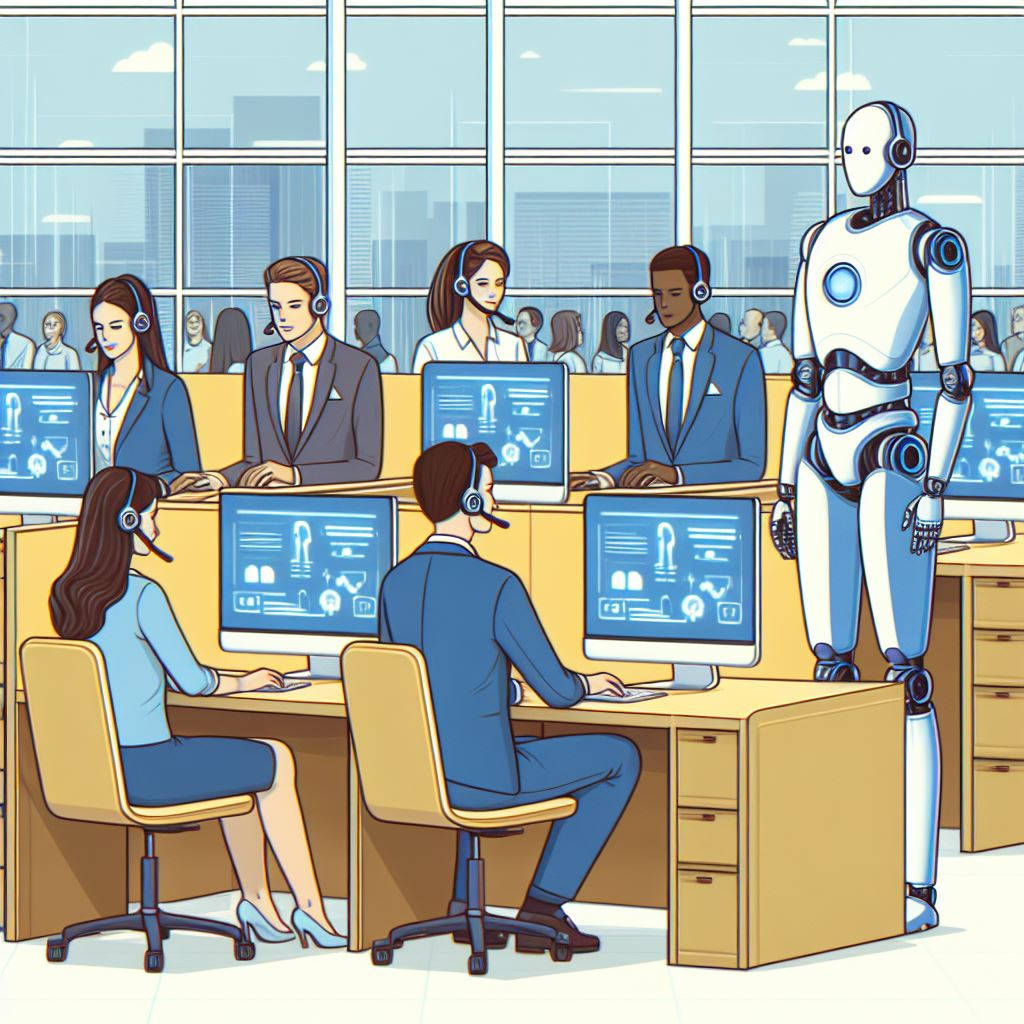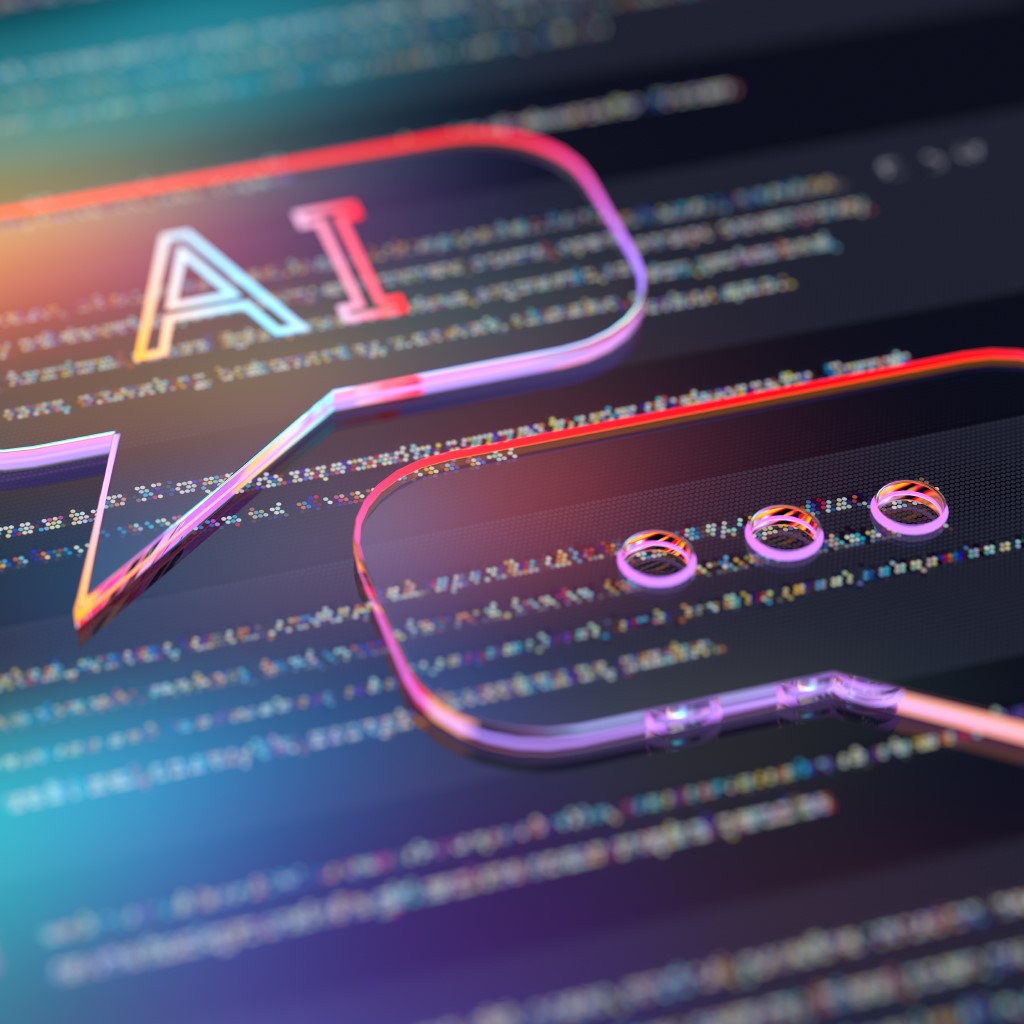If you’ve established yourself in the data analytics field, you’re probably wondering; will AI replace data analysts? AI can automate certain aspects of data analysis but won’t replace the valuable skills these professionals bring to the table. AI technology is poised to revolutionize different job functions, including the data analyst sector. This has been the fever pitch the last few months but doesn’t spell the end of your data analyst job. If you’re worried about whether AI can supersede your career path, Gloria could be the tool you’ve been looking for. This article will delve into the factors that would lead to AI replacing data analyst jobs and how likely this will happen.
Why AI Will Not Replace All Data Analysts
While AI can match human capability, it lacks the analytical judgment to evaluate the shifting market conditions. However, it uses intelligent algorithms to identify patterns with minimal human intervention. According to research, the AI market is predicted to grow by 37% in 2024. This means you should be more prepared in your data analytics field.
Artificial intelligence can automate routine tasks, and perform preliminary analysis. A data analyst can use AI to handle complex data and analyze future trends. Let’s take an example in the field of finance. AI can analyze historical data to assess the risk level. In this competitive field, you should use AI as a complement – not a replacement.
Factors that Would Impact AI Replacing Data Analyst Jobs
While AI may replace some tasks for data analysts, it’s unlikely to happen. Human analysts possess unique skills, not to mention there are some ethical considerations when using artificial intelligence in specific industries. Skills like problem-solving and critical thinking are a must-have in data analyst jobs. Let’s look at some factors that would lead to AI replacing data analyst jobs.
Cost saving
Companies looking to cut costs believe AI is an attractive option. To some extent, artificial intelligence can replicate tasks performed by human analysts at a fraction of the cost. What does this mean? Firms will no longer have to spend on training and salaries.
Analysis of large amounts of data
AI can perform routine tasks like analyzing large amounts of data. Since the algorithms are more advanced, this technology can perform the analysis quickly and efficiently. Even better, AI can identify trends in data leading to actionable insights with minimum error.
Room for improvement
AI is still in the early stages of development. In the future, more complex algorithms will be developed to handle complex tasks.
According to experts, AI will continue to reshape the nature of work and bring value to businesses. Therefore, you need insightful information on how to embrace this technology in the data analytics field.
AI lacks emotional intelligence
Unlike humans, AI cannot interpret the emotional needs of distressed employees and consumers. It lacks analytical objectives and strategies that support business goals.
What AI Does More Efficiently Than Human Data Analysts
Most data analysts are worried about their profession and tend to think that their skills are no longer needed. According to research, AI technology will help employees deliver better results in the following ways:
Decision Making
Data analysts can leverage AI in decision-making. The innovative algorithms can evaluate data in real time. And because this technology uses predictive models, it simplifies time-consuming tasks. Furthermore, artificial intelligence analyzes current and historical data to help users generate fast results. Although AI will advance with time, companies should embrace human analysts and train them to use this powerful tool to make better decisions.
Identifying and Forecasting Trends
AI can give a more comprehensive picture of future trends. This technology evaluates data patterns and gives precise projections. When analyzing unstable markets, this tool can adapt to new data. It also helps organizations improve operational efficiency.
A data analyst can extract meaningful data from conversations. Conversational AI identifies trends and patterns based on customer preferences and buying behavior. Typically, the tool is trained on past data to increase operational efficiency. It can tackle conversational needs like speech-to-text, text-to-speech, and natural language processing. With automated tasks, you reduce human error.
The Top Benefits of AI Chatbots
Collect Customer Data
Data analysts can use Chatbots to collect customer data. AI chatbots ask customers about their preferences to recommend relevant products in real time. If they have questions, the Chatbot presents the required information.
Multilingual Support
With AI Chatbot, there’s no communication barrier. It speaks different languages, so it can analyze customer data irrespective of geographical location. The bots can also communicate via voice to enhance customer experience.
Consistent Support
With bots, you don’t need a human agent to handle repetitive tasks. This AI tool provides instant solutions and can handle more complex issues. Similarly, a data analyst can leverage this technology to handle high call volumes to ensure customer satisfaction.
Proactive Service
Businesses can use bots to monitor customer activity and provide proactive support. For complex issues, a Chatbot will direct a client to the next available agent.
Why Data Analysts Should Embrace AI
Data analysts should stay ahead of the curve when using artificial intelligence. They should learn how to audit systems and the privacy issues involved in using AI. Secondly, these professionals should use this technology as a tool for augmented insights.
Data analysts should understand how AI can be used in different scenarios of data analysis. Moreover, they should keep pace with new developments when using the technology.
If you want to remain relevant in the coming years, you should integrate this technology into your work. You must learn subjects like machine learning, natural language processing, and automated analytics. In addition to that, you should understand how AI can increase your productivity and enhance your analytics skills.
The Bottom Line
AI can handle large amounts of data beyond human capability. It’s accurate and efficient, but it’s unlikely to replace human analysts. The algorithms are programmed based on past data but can’t make subjective judgments. Secondly, artificial intelligence lacks critical thinking skills and emotional intelligence, so it can only work in sync with human data analysts. If you’re a data analyst, Gloria ensures you stay relevant in the AI era.
Ready to take your customer support to the next level? Try Gloria AI™ on your website for free!



